Fourteen years later
Permanent link
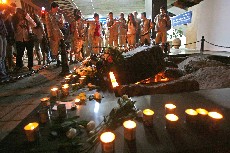
Memorial day for former Prime Minister Yitzhak Rabin. Throughout
the evening, in people stood next to the memorial placed over the
spot where he was slain. 2007
I had a conversation with my coworkers, Gabe Axler and Shahar Gal, the other day who were preparing for Shorashim’s High School Excursion Day. They asked me to provide an American perspective in addition to an Israeli one at a session talking about “Where I was” the day Yitzhak Rabin was assassinated, November 4, 1995.
I looked at them and asked, how do you end a session like that? Why is Rabin’s assassination relevant to teenagers who were infants or toddlers when he was murdered?
One answer was that “It could happen again” and that they as students should be encouraged to protest against hate speech. We discussed current political controversies that feature President Barack Obama portrayed as a Nazi at town hall meetings.
So I asked again, “Well, what could they really do if someone was standing outside their school holding up ‘Obama is a Nazi’ sign?”
They suggested I facilitate a discussion about the dangers of hate rhetoric in a democratic society and what can be done to counter it.
One answer is that you hold a counter protest, which is the exact place where Rabin was killed. That clearly didn’t work. So what could have done before Rabin’s assassination to prevent it?
The “peace” camp couldn’t have stopped Rabin’s assassination. The only ones who could have stopped it were the people who were against the Oslo Accords or indifferent (all five of them) to it.
It is easy to speak out against hate speech when you are opposed to the haters. What’s harder is to stand up to those who you agree with or indifferent to who are escalating their rhetoric to where it devolves from critical to hateful.
Anyone at any of the rallies displaying effigies of Rabin as a Nazi or as a sniper target, who thought such images were vile, but still remained to protest, are just as guilty as the extremists who penned the posters.
Because part of being a responsible member of a democracy is knowing when to protest inappropriate protest within your own country, within your own religion, and within your own political framework.
Although Rabin is an example of rightist extremists running and ruining a protest, the same is true for the left. Uber leftists are just as guilty of hate speech and centrists are guilty as well of laughing it off instead of standing up to it. Why? It’s a lot easier to criticize and confront people we disagree with than those who share some of our values.
As we commemorate the Hebrew anniversary of his assassination today, 14 years later, what have we learned from Rabin’s assassination? Could it have been prevented? Could it happen again in Israel?
Answers to such questions are hyperbole. Truth is derived from the places we stand, the people with whom we associate, and our ability to stand up to our friends who are committing misdeeds with the same strength that we oppose our enemies.


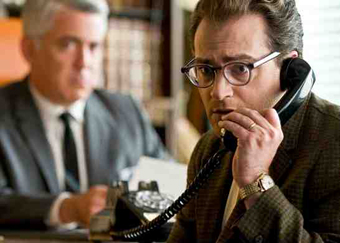

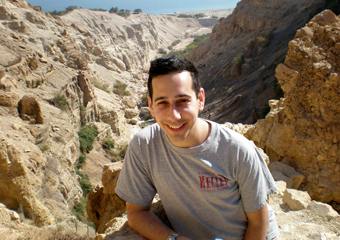

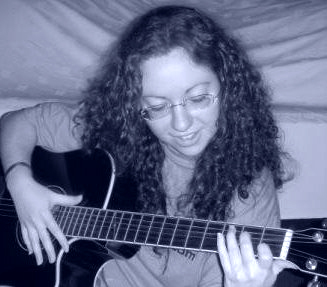
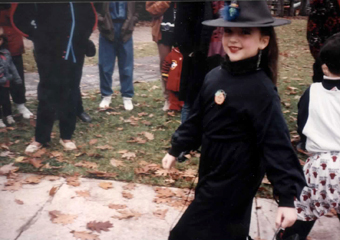
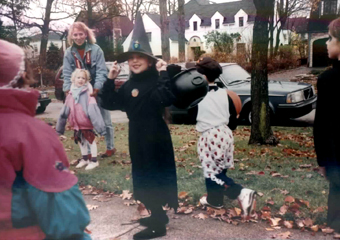

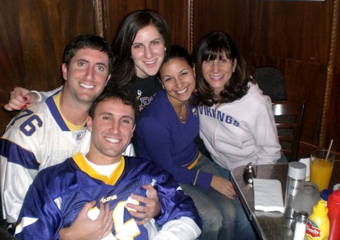
.jpg)
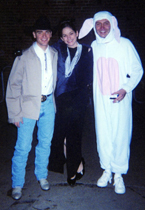 2.
2. 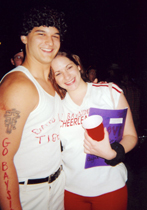
 4.
4. 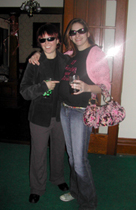
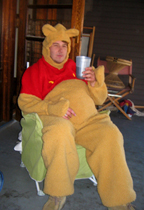
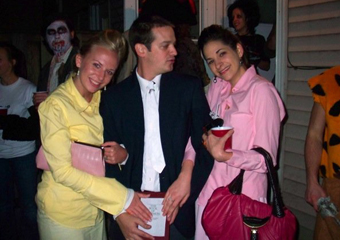
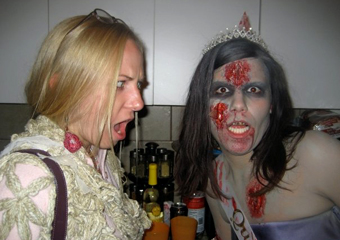


.jpg)



